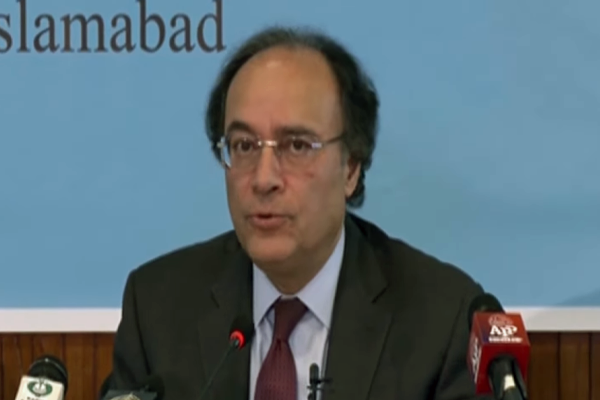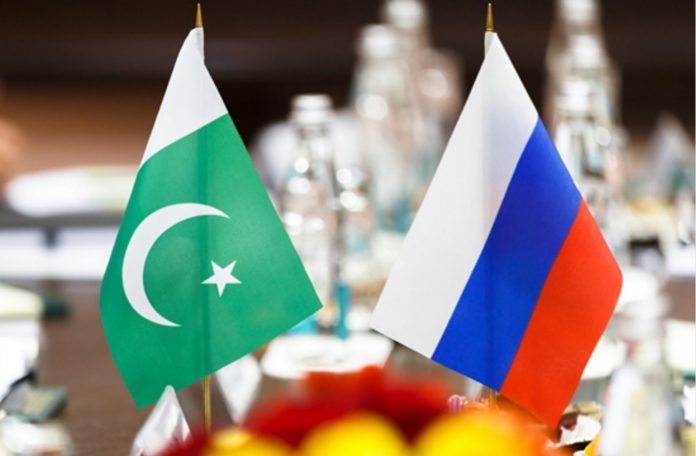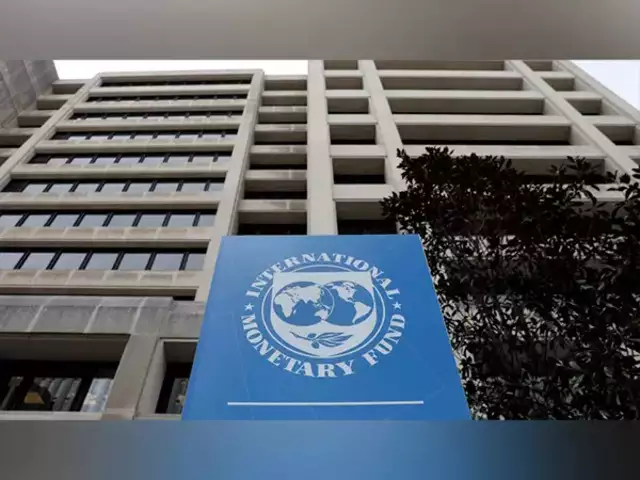Mohsin Siddiqui (Chief Reporter)
Finance Minister Muhammad Aurangzeb has been removed from yet another crucial position, this time from the Executive Committee of the National Economic Council (ECNEC). Prime Minister has decided to retain the chairmanship of ECNEC for himself after initial attempts to appoint Deputy Prime Minister and Foreign Minister Ishaq Dar as the head of the committee fell through. Instead, Ishaq Dar has been included as a member of ECNEC.
To accommodate the inclusion of the Prime Minister and the Foreign Minister, the Minister for Communication and the Minister for Commerce have been excluded from the committee. ECNEC comprises eight members in total: four from the central government and one representative from each of the four provinces. This restructuring highlights a significant shift in the council’s composition and leadership.
This is the second time Finance Minister Muhammad Aurangzeb has been denied the opportunity to chair an important economic decision-making body. Previously, the Prime Minister appointed Ishaq Dar as the chairman of the Cabinet Committee on Privatization, sidelining Aurangzeb from another key role.
When contacted, Ishaq Dar expressed his disinterest in becoming the chairman of ECNEC, emphasizing that his inclusion in the committee as a member was sufficient. This statement comes amid growing speculation about the political maneuvering within the government.
The reshuffling of leadership roles within ECNEC is significant as it indicates a potential shift in economic policy-making and governance. The Prime Minister’s decision to keep the chairmanship of ECNEC for himself underscores the importance he places on having direct oversight over the country’s economic decisions. This move could signal a more centralized approach to economic management, where key decisions are closely monitored and directed by the highest office.
ECNEC is a vital component of Pakistan’s economic governance framework. It is responsible for approving major economic projects and policies that shape the country’s financial landscape. The council’s decisions have far-reaching implications on national development, infrastructure, and economic growth.
By retaining control over ECNEC, the Prime Minister is positioning himself at the helm of these critical decisions, potentially ensuring that economic policies align more closely with his administration’s goals and vision for the country. This strategic move might also be aimed at streamlining decision-making processes and reducing bureaucratic delays that often hamper the implementation of economic policies.
The exclusion of Finance Minister Muhammad Aurangzeb from ECNEC, coupled with his earlier removal from the Cabinet Committee on Privatization, suggests a realignment of power dynamics within the government. These changes could be reflective of internal political strategies aimed at consolidating power among a select few key figures, including the Prime Minister and Deputy Prime Minister Ishaq Dar.
Such realignments are not uncommon in political administrations, especially in times of economic challenges or when significant policy shifts are anticipated. By concentrating decision-making power within a smaller group of trusted officials, the government might be seeking to ensure a more cohesive and unified approach to tackling economic issues.




